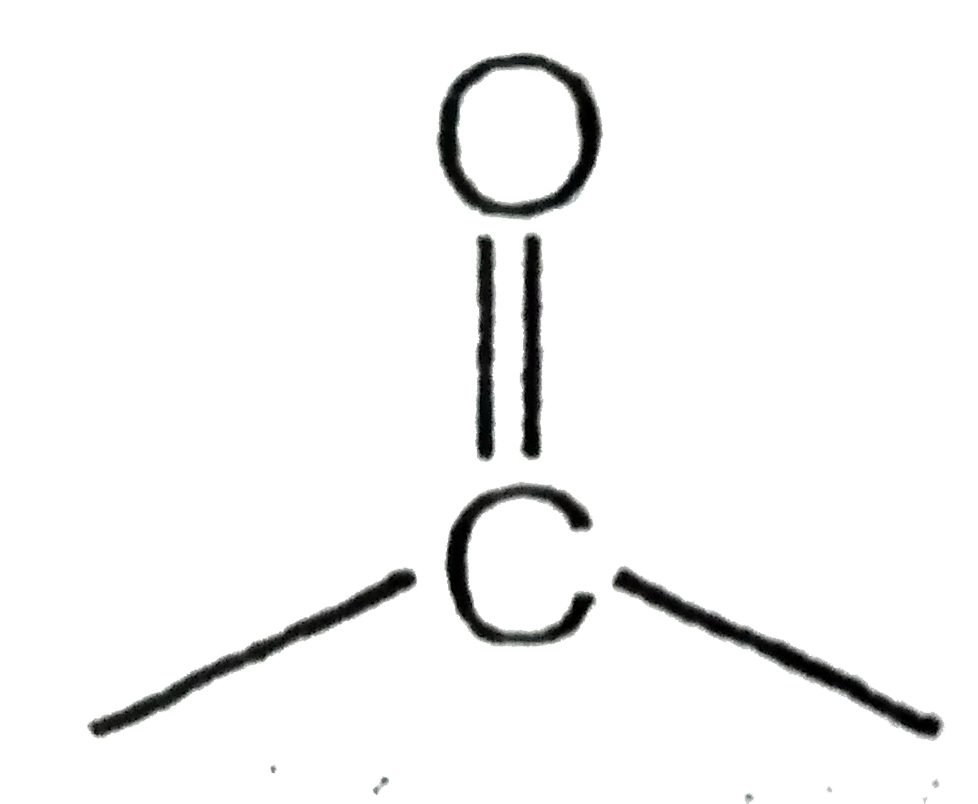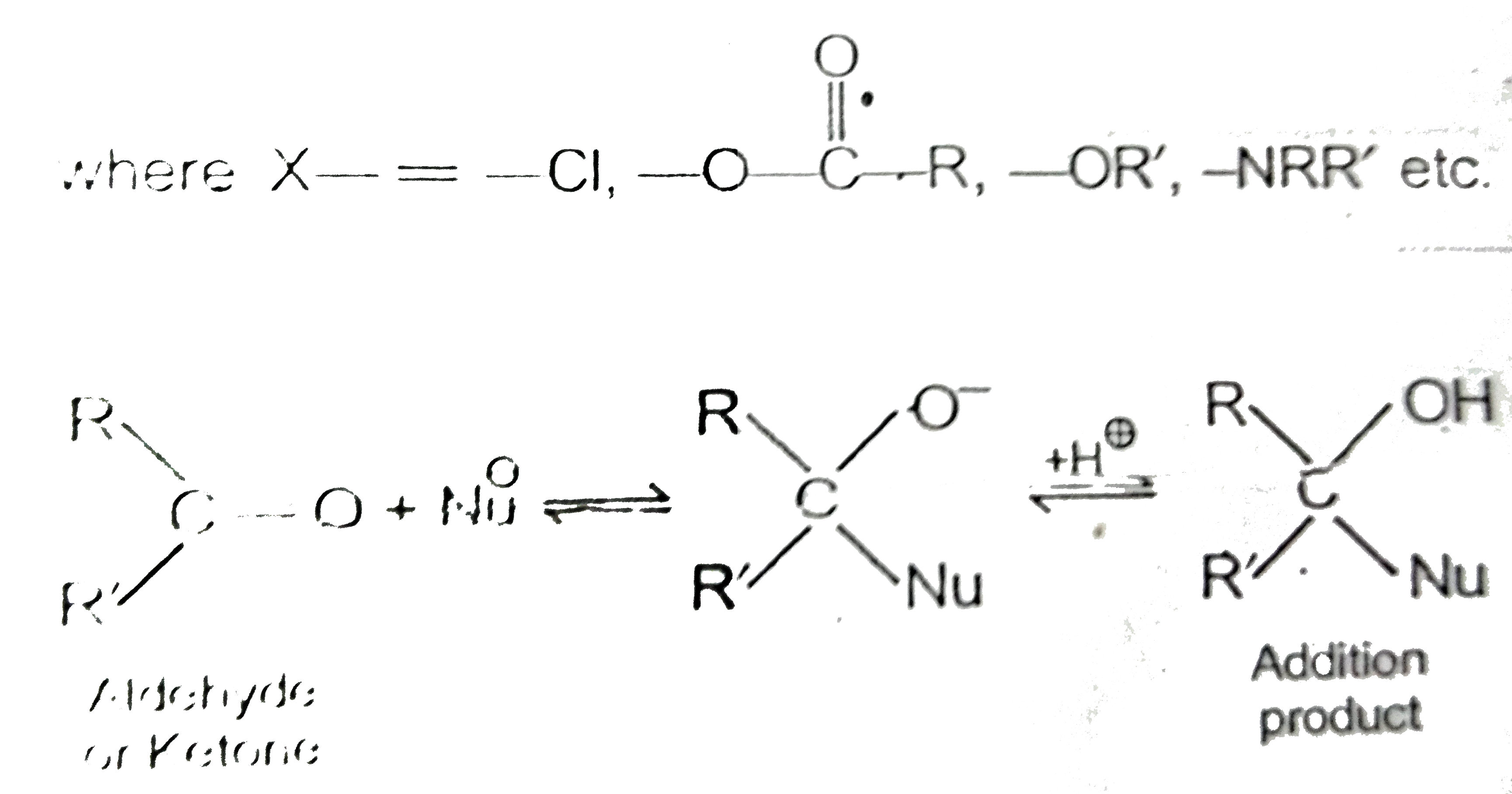Why do alkenes prefer to undergo electrophilec addition reaction while arenes prefer electrophilic substitution reactions ? Explain.
To answer the question of why alkenes prefer electrophilic addition reactions while arenes prefer electrophilic substitution reactions, we can break down the explanation into several steps.
1. Understanding Alkenes and Arenes:
- Alkenes are unsaturated hydrocarbons that contain at least one carbon-carbon double bond (C=C). An example is propene (CH3-CH=CH2).
- Arenes are aromatic compounds, which are also unsaturated but have a stable ring structure with delocalized π electrons. A common example is benzene (C6H6).
2. Electrophilic Reactions:
- An electrophile is a species that is electron-deficient and seeks to gain electrons. It is often positively charged (E⁺).
- Electrophilic reactions involve the attack of an electrophile on a nucleophile, which is electron-rich.
3. Electrophilic Addition in Alkenes:
- In alkenes, the double bond (C=C) is a region of high electron density, making it a good nucleophile.
- When an electrophile approaches the double bond, it can easily attack and form a new bond, resulting in the addition of the electrophile to the alkene. This reaction converts the double bond into a single bond, leading to the formation of a saturated compound (sp³ hybridized carbon).
4. Electrophilic Substitution in Arenes:
- In arenes, the π electrons are delocalized over the ring structure, which provides stability to the aromatic system.
- If an electrophile were to add to an arene, it would disrupt the aromaticity and convert an sp² hybridized carbon into an sp³ hybridized carbon, which is less stable due to the loss of aromatic character.
- Instead, arenes undergo electrophilic substitution reactions where the electrophile replaces one of the hydrogen atoms on the ring without disrupting the aromatic system. This maintains the stability of the aromatic compound.
5. Stability Considerations:
- The key difference lies in the stability of the resulting products. Alkenes can stabilize the formation of sp³ hybridized products through electrophilic addition, while arenes cannot stabilize the loss of aromaticity that would occur during addition reactions.
- Therefore, alkenes favor addition reactions, while arenes favor substitution reactions to preserve their aromatic character.
Conclusion:
Alkenes prefer electrophilic addition reactions due to the stability of the resulting saturated compounds, while arenes prefer electrophilic substitution reactions to maintain their aromatic stability.
- Alkenes are unsaturated hydrocarbons that contain at least one carbon-carbon double bond (C=C). An example is propene (CH3-CH=CH2).
- Arenes are aromatic compounds, which are also unsaturated but have a stable ring structure with delocalized π electrons. A common example is benzene (C6H6).
- An electrophile is a species that is electron-deficient and seeks to gain electrons. It is often positively charged (E⁺).
- Electrophilic reactions involve the attack of an electrophile on a nucleophile, which is electron-rich.
- In alkenes, the double bond (C=C) is a region of high electron density, making it a good nucleophile.
- When an electrophile approaches the double bond, it can easily attack and form a new bond, resulting in the addition of the electrophile to the alkene. This reaction converts the double bond into a single bond, leading to the formation of a saturated compound (sp³ hybridized carbon).
- In arenes, the π electrons are delocalized over the ring structure, which provides stability to the aromatic system.
- If an electrophile were to add to an arene, it would disrupt the aromaticity and convert an sp² hybridized carbon into an sp³ hybridized carbon, which is less stable due to the loss of aromatic character.
- Instead, arenes undergo electrophilic substitution reactions where the electrophile replaces one of the hydrogen atoms on the ring without disrupting the aromatic system. This maintains the stability of the aromatic compound.
- The key difference lies in the stability of the resulting products. Alkenes can stabilize the formation of sp³ hybridized products through electrophilic addition, while arenes cannot stabilize the loss of aromaticity that would occur during addition reactions.
- Therefore, alkenes favor addition reactions, while arenes favor substitution reactions to preserve their aromatic character.
Alkenes prefer electrophilic addition reactions due to the stability of the resulting saturated compounds, while arenes prefer electrophilic substitution reactions to maintain their aromatic stability.
Topper's Solved these Questions
- BOOK - NCERT EXEMPLAR ENGLISHCHAPTER - HYDROCARBONSEXERCISE - Matching The Columns4videos
HYDROCARBONS
- BOOK - NCERT EXEMPLAR ENGLISHCHAPTER - HYDROCARBONSEXERCISE - Assertion and Reason4videos
HYDROCARBONS
- BOOK - NCERT EXEMPLAR ENGLISHCHAPTER - HYDROCARBONSEXERCISE - Multiple Choice Questions (More Than One Options)9videos
HYDROCARBONS
- BOOK - NCERT EXEMPLAR ENGLISHCHAPTER - ENVIRONMENTAL CHEMISTRYEXERCISE - Long Answer Type5videos
ENVIRONMENTAL CHEMISTRY
- BOOK - NCERT EXEMPLAR ENGLISHCHAPTER - HYDROGENEXERCISE - LONG ANSWER TYPE QUESTIONS8videos
HYDROGEN
Similar Questions
Knowledge Check
- Question 1 - Select One
The ether that undergoes electrophilic substitution reactions is
ACH3OC2H5BC6H5OCH3CCHOCH3DC2HOC2H3
Both carbonyl compounds and acid derivatives though they contain
 grouping yet the reactions given by them are entirely different.
grouping yet the reactions given by them are entirely different.
As Aldehydes and Ketones give addition product with a nucleophile, while carboxylic acid derivatives give nucleophilic acyl substitution through addition/elimination mechanism.

Where X−=−Cl−O−O∣∣C−R−OR,−NR(R) etc.

Why aldeydes and Ketones give nucleophilic addition reaction while acid derivatives prefer nucleophilic acyl substititution reaction?View SolutionHaloalkanes undergo nucleophilic substitution whereas haloarenes undergo electrophilic substitution. Explain
View SolutionWhy do aldehydes and ketones undergo nucleophilic addition reactions. Give one example.
View SolutionIncreasing order of the following for electrophilic substitution reaction as -
_E01_194_Q01.png) View Solution
View SolutionWhy do aldehydes and ketones undergo a number of addition reactions ?
View SolutionCarboxylic acids contain carbonyl group but do not show the nucleophilic addition reaction like aldehydes or ketones. Whey?
View SolutionCarboxylic acids contain carbonyl group but do not show the nucleophilic addition reaction like aldehydes or ketones. Whey?
View Solution
